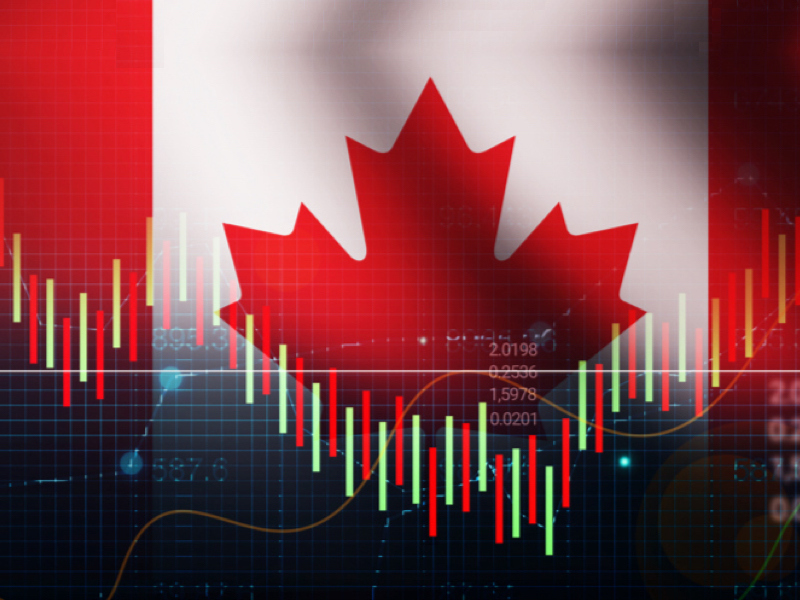
Despite a slowing economy, provincial credit ratings should remain steady next year, says Toronto-based DBRS Morningstar.
In a report, the ratings agency predicted that debt-to-GDP ratios “will remain largely stable for most provinces” in 2024.
DBRS Morningstar also anticipates most provinces will significantly underspend their capital budgets, in part because of capacity constraints in the construction industry and delays in obtaining permits.
However, without tax increases, inflationary pressures mean that provincial governments have limited flexibility for new spending “if they hope to preserve the improvement in fiscal performance they have achieved post-pandemic,” the report stated.
“The credit quality of Canadian provinces remains strong and resilient,” said Travis Shaw, senior vice-president of public finance with DBRS Morningstar, in a release. “Looking ahead to 2024, there is still room for further modest improvement and limited downside for provincial ratings. Despite the current slowing economic activity, fiscal discipline is strong and any deterioration in fiscal results is likely to be modest.”
Economic activity in resource-producing jurisdictions is likely to outpace growth in other provinces, the report stated. Further, growth expectations are “very subdued” for British Columbia and central Canada, “in part because of more heavily indebted households and a significant reliance on export markets where growth prospects have weakened for key trading partners.”
In 2023, DBRS Morningstar upgraded the credit ratings for Alberta and Newfoundland and Labrador, and changed the trend on Ontario’s credit rating to “positive” from “stable.”
The report noted that Alberta was the only province to materially improve its fiscal outlook this past year, which occurred due to higher-than-expected tax and oil revenues.